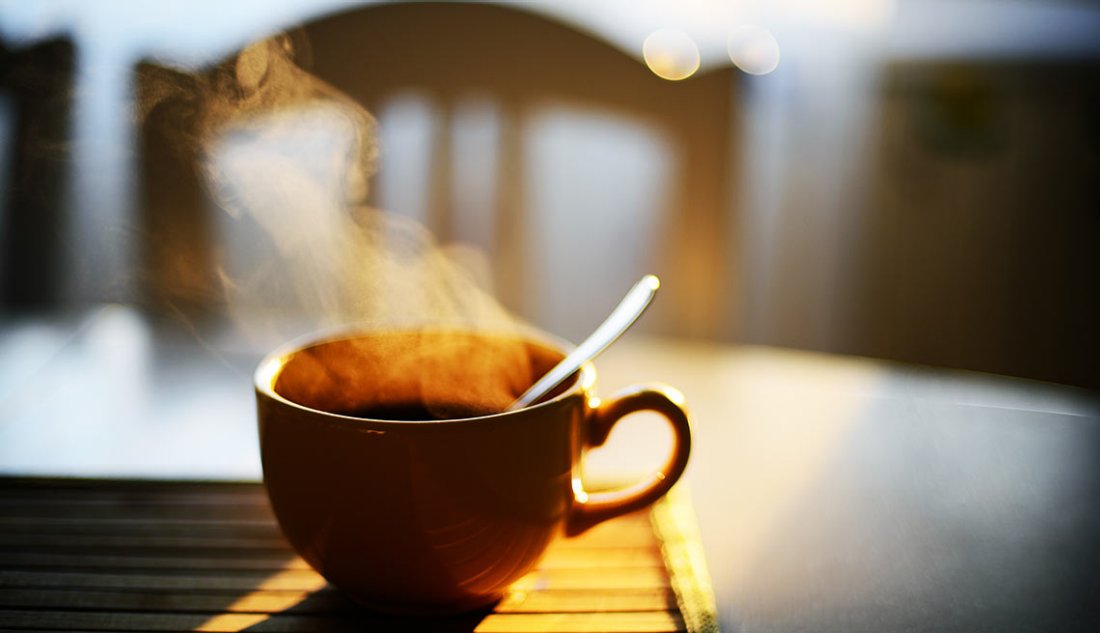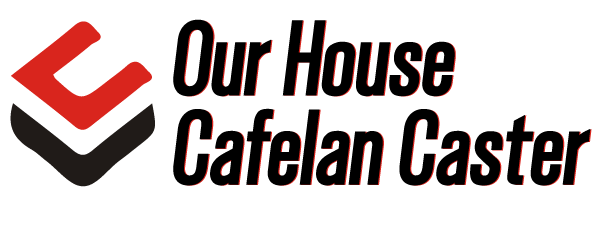The security of protected innovation in china has for quite some time been high on the rundown of worries for imaginative unfamiliar organizations hoping to work together there. What minimal lawful system existed around licensed innovation rights IPR has been troublesome and tedious to uphold? There are signs, in any case, that the circumstance might be improving for organizations which use brand names, logos and marking in the People’s Republic.
In a new case, recently corrected Chinese brand name enactment was scrutinized when the American forte espresso retailer Starbucks blamed a nearby Shanghai organization for duplicating their exchanging name and logo.
Starbucks opened its first Shanghai outlet on Huainan Road on May 4, 2000, expanding on the achievement of its many stores across Taiwan and the remainder of terrain China. In no time preceding this opening, a neighborhood organization had enrolled its own business name – starbucks menu secret menu Coffee Co. Ltd. – with the Shanghai specialists. By 2003, the Chinese firm had opened two outlets in Shanghai utilizing the business trademark ‘Xingbake’.
The legitimate question among Starbucks and their neighborhood rival emerged in light of the fact that ‘xing’ interprets from Mandarin as ‘star’ and ‘bake’ is a surmised phonetic interpretation of ‘bucks’. Despite the fact that Starbucks does not formally utilize this harsh interpretation in China, the word ‘Xingbake’ has gotten inseparable from the US Company’s outlets among people in general.

Starbucks thought about that, by exchanging under a comparable name and by the utilization of a very much like green and white logo, Shanghai Xingbake was contending unreasonably. On this premise, Starbucks recorded a claim against Xingbake in Shanghai on December 23, 2003, asserting brand name encroachment.
In answer to the allegation, Mao Ibo, General Manager of Xingbake, said that his organization has enrolled its venture name with the Shanghai experts in March 2000, preceding Starbucks was set up around there. By utilizing the name ‘Xingbake’, he asserted that his organization was essentially utilizing its genuine title rather than a brand name.
Mao rejected that the name of his organization and its logo had been impacted by their Seattle-based opponent. We designed ‘Xingbake’ as our image when we wanted to begin a bistro business in Shanghai and it is only an occurrence that our name is something very similar with Chinese form of Starbuck [sic], he said. The logo was planned by our own staff. To be completely forthright, I had not known about Starbucks at that point, so how is it possible that I would copy its image or logo?
Chen Nisei, overseer of the Intellectual Property Research Center of Shanghai’s Jiaotong University does not acknowledge this, clarifying that ‘Xingbake’ has been utilized as the sole interpretation of ‘Starbucks’ in Taiwan since 1998. This originates before the enrollment of Xingbake’s venture name in Shanghai by two years.
In spite of Mao Yibo’s cases and his further affirmations that Xingbake’s serving style and target market contrast considerably from those of Starbucks, Shanghai No. 2 Intermediate People’s Court found for the American goliath on December 31, 2005 – two years after the claim was recorded.
Shanghai Xingbake was requested to quit utilizing its name, issue a statement of regret in a nearby paper and pay 500,000 Yuan US$62,000 in remuneration to Starbucks.
The premise of the Court’s choice was the moderately recently altered Trademark Laws of the People’s Republic of China, which came into power on October 27, 2001. The alterations structure part of a heap of changed enactment acquainted with ensure the proprietors of licensed innovation in China. Under the new laws, the Court discovered that the name ‘Starbucks’, written in Chinese or English, was adequately notable to be considered a celebrated brand name and was, in this way, qualified for assurance.
